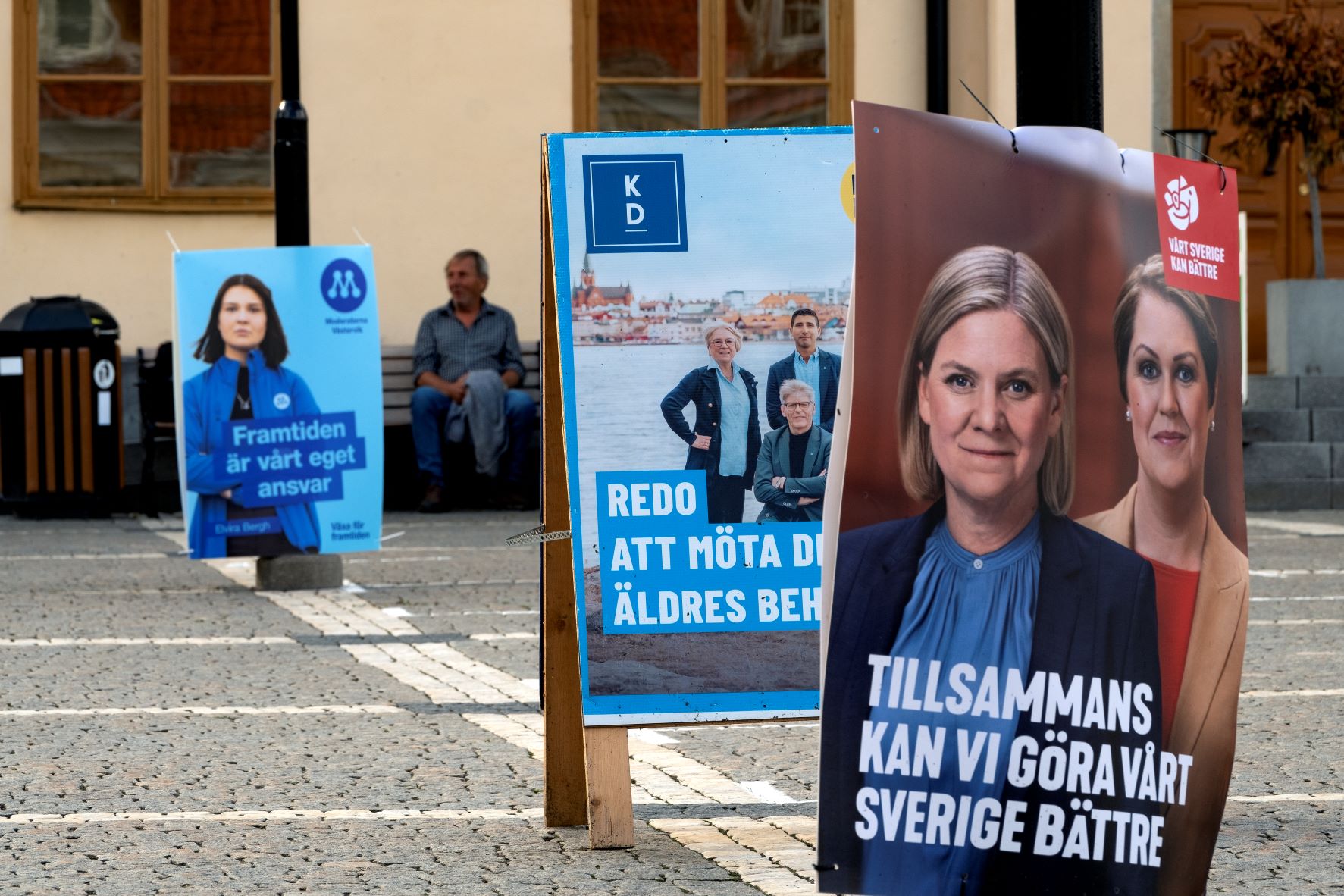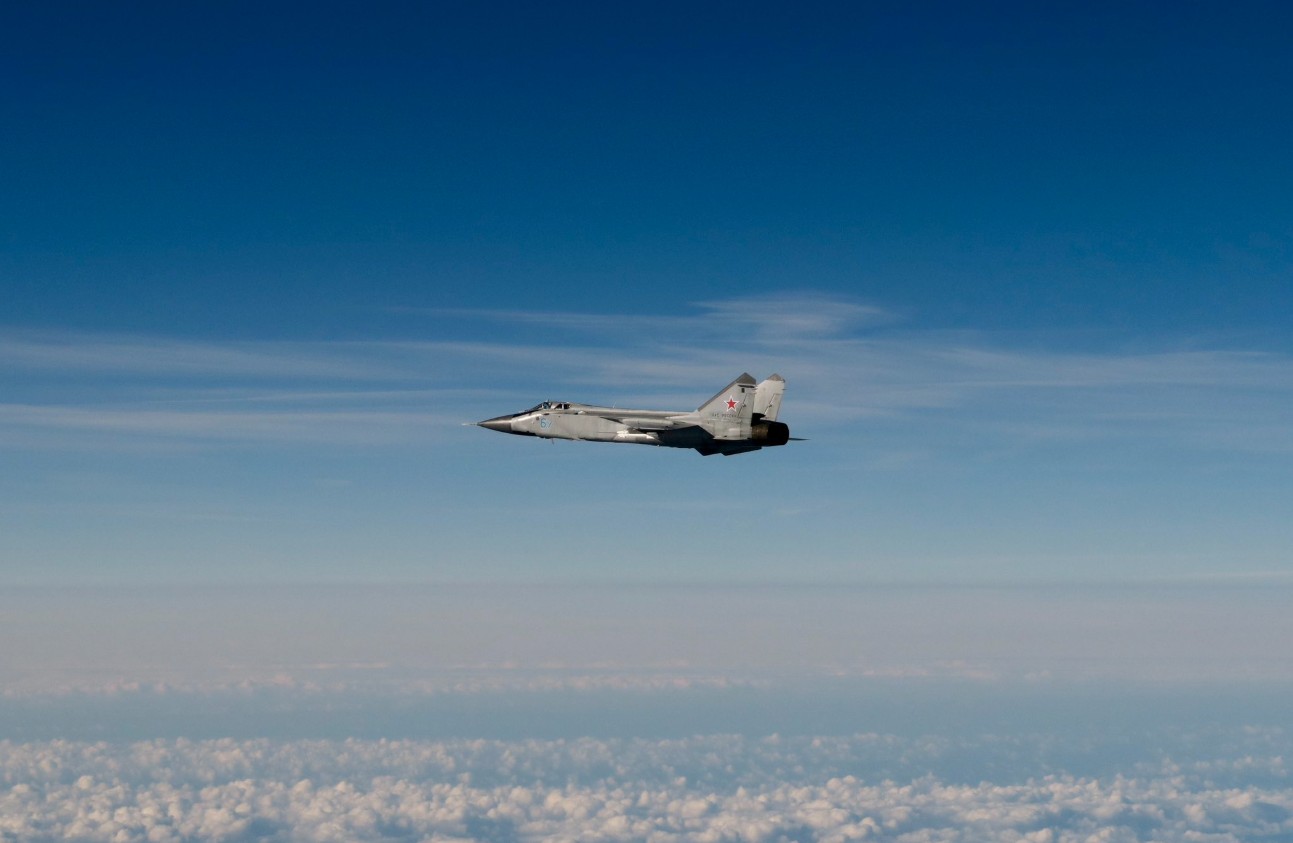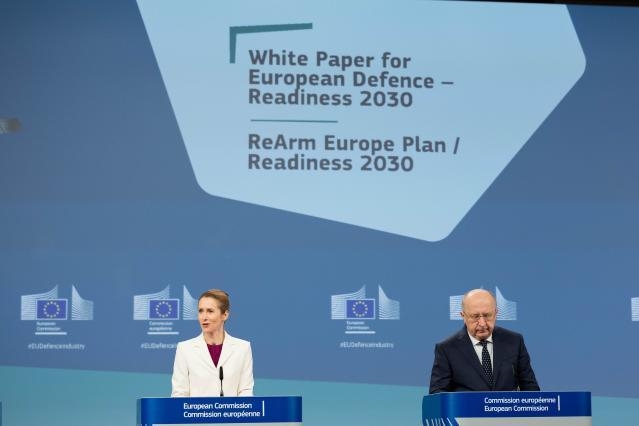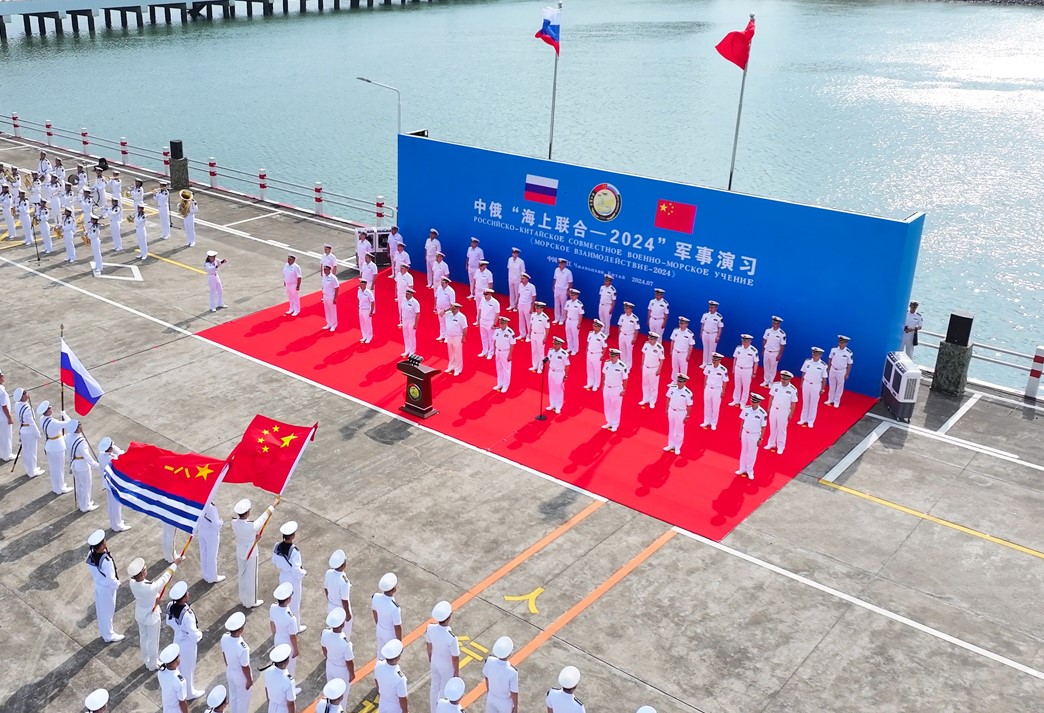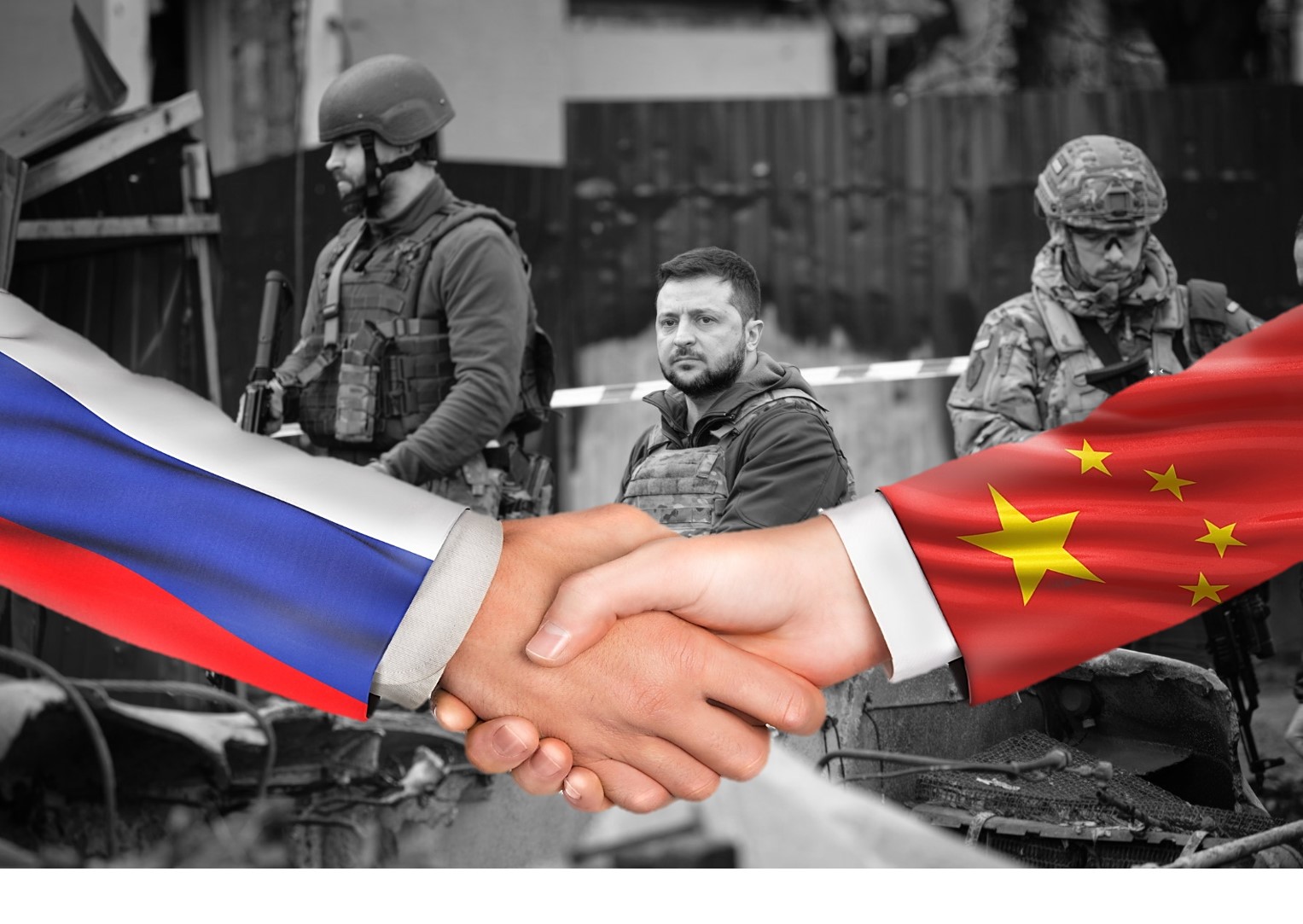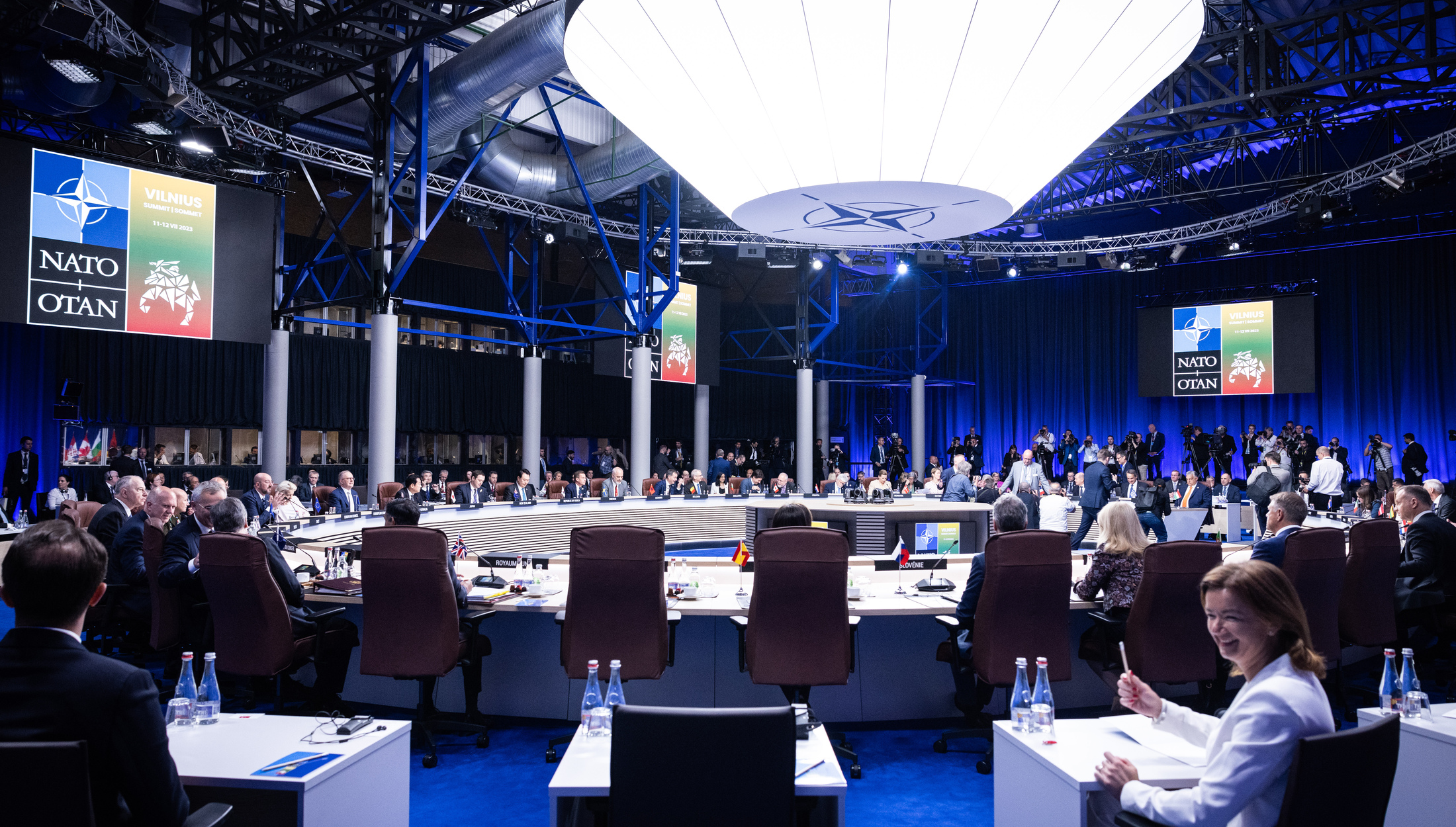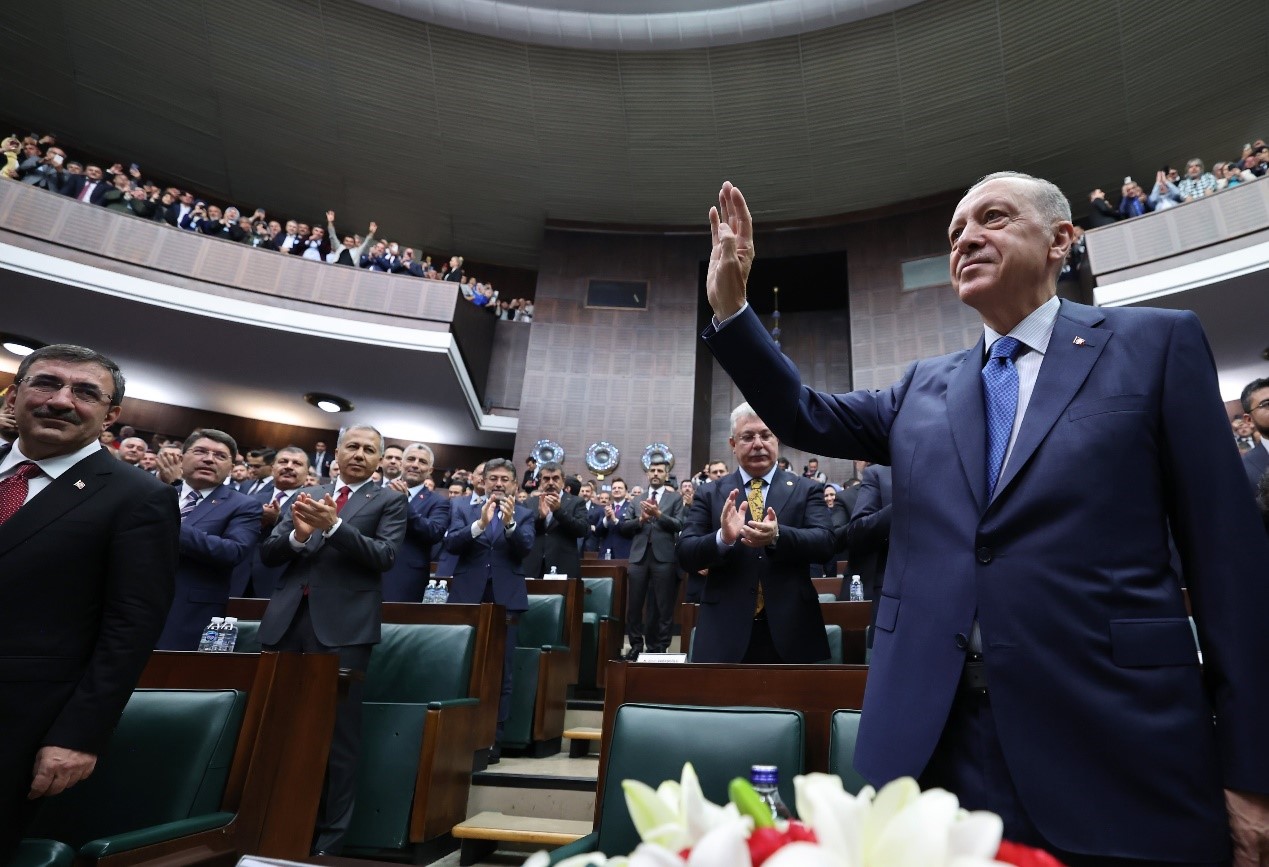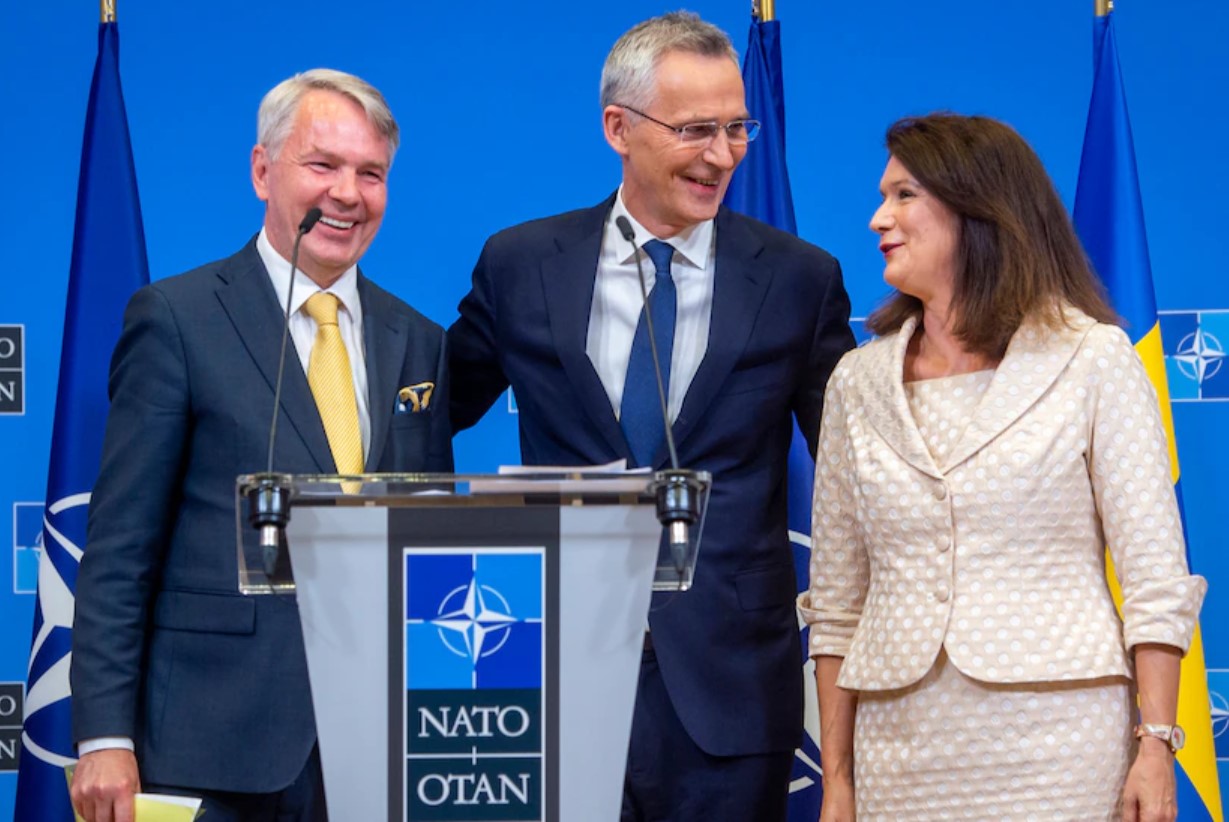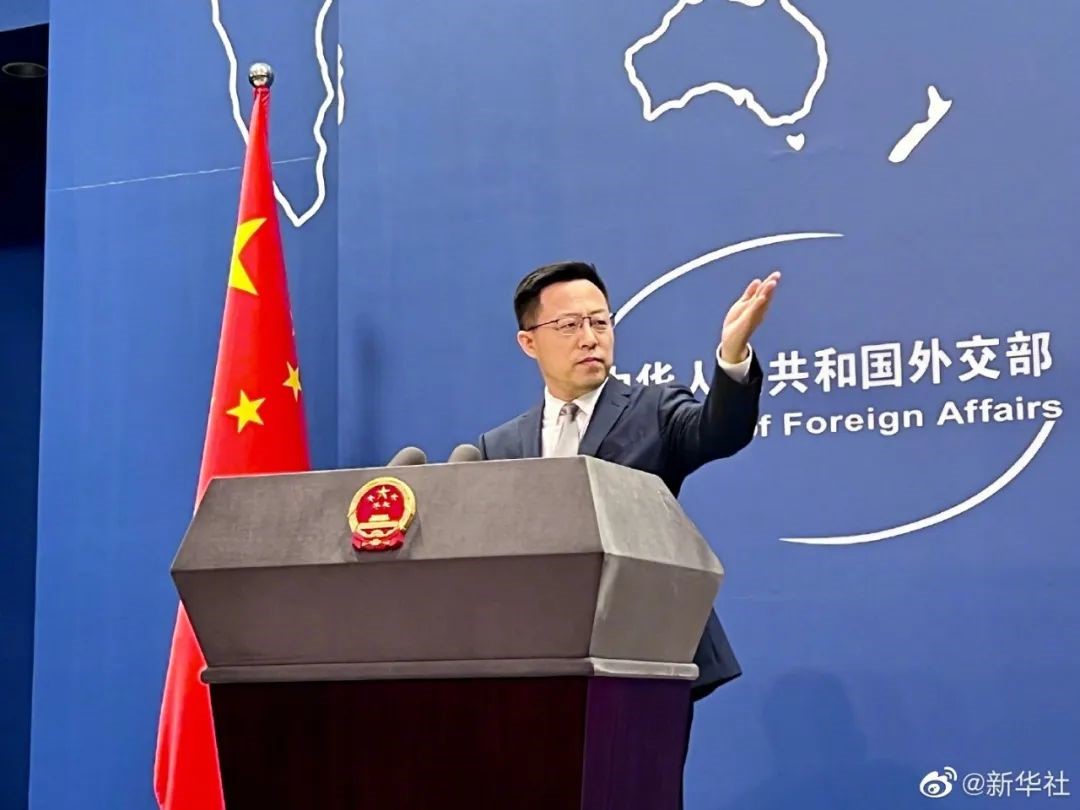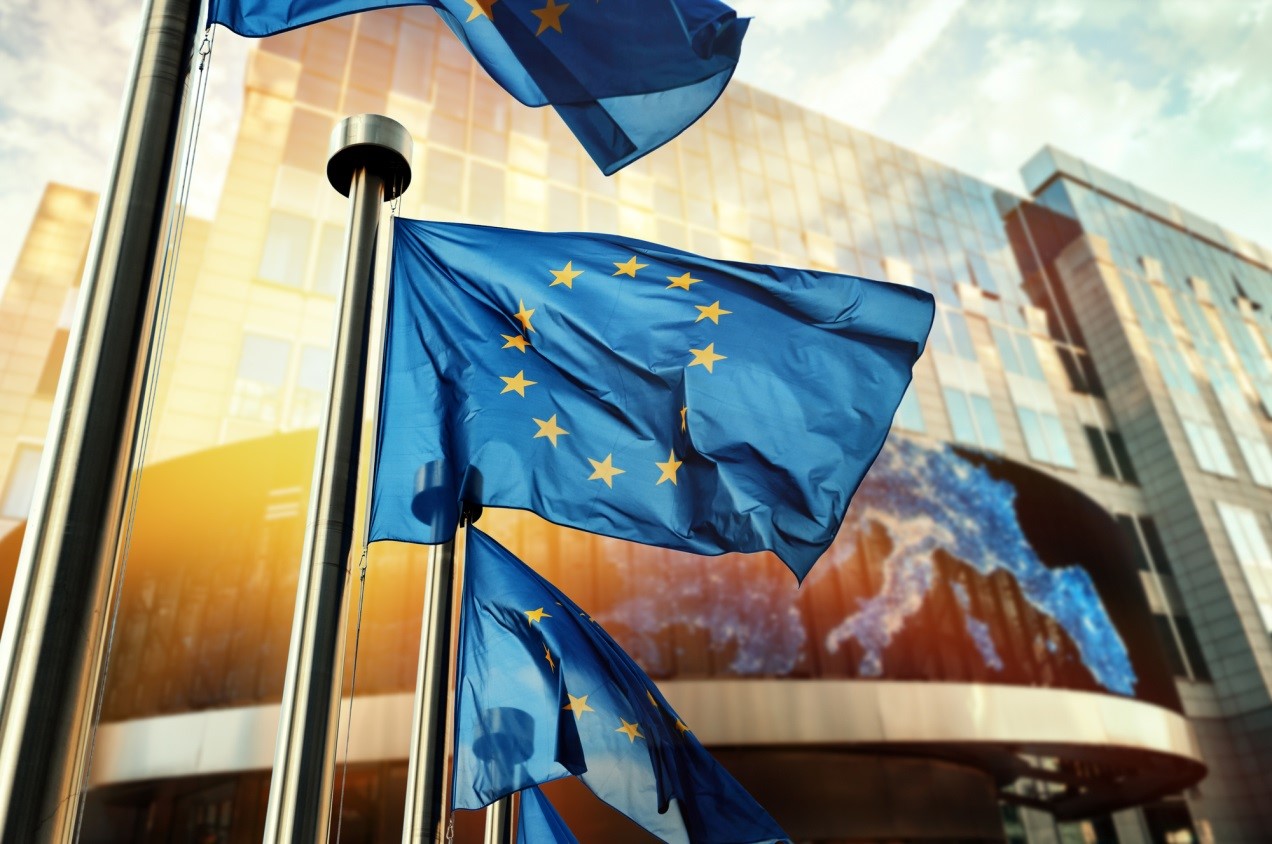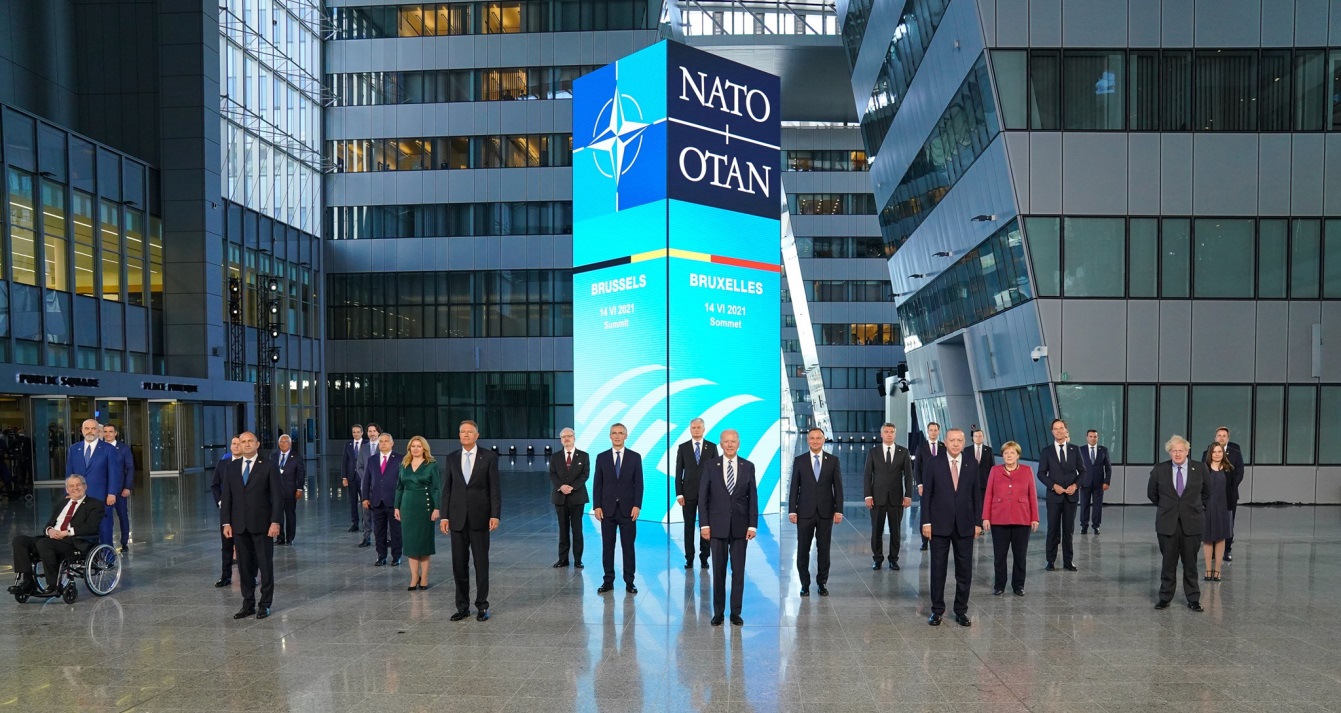Sweden’s General Elections: Implications for NATO, European and Asian Policy
Sweden’s policy on Russia and NATO will probably not change, as there is a wide parliamentary consensus on these issues. As all parties in the right-wing coalition are supportive of such a change, a new Swedish government will likely have a tougher China policy and a more favorable Taiwan policy.
Picture source: Johan Wessman, August 30, 2022, Wikipedia, https://sv.wikipedia.org/wiki/Riksdagsvalet_i_Sverige_2022#/media/Fil:20220830_Valaffischer_V%C3%A4stervik_0364_(52323868915).jpg.
Sweden’s General Elections: Implications for NATO, European and Asian Policy
Prospects & Perspectives No. 54 September 28, 2022
By Gustav Sundqvist
Introduction
In Sweden’s general elections on September 11, 2022, an alliance of the three center-right wing parties — the Moderate party (M), the Christian Democrats (KD) and the Liberal Party (L) as well as the Nationalist Sweden Democrats (SD) — won a narrow majority against a left-wing coalition led by the Social Democratic Party (S). With 20.5 percent of the votes, a 3 percent increase compared with the last elections in 2018, the SD was the main winner of the election. However, the three center-right wing parties (M, KD and L) are concerned about SD’s historical roots in the neo-Nazi movement and the party’s governance capacity. Thus, the new government will likely be led by M’s leader Ulf Kristersson and only include ministers from M, KD and possibly L. The new government could face the risk of being quite weak, as a high degree of conflict remains between the L and the SD.
Implications for Sweden’s NATO membership and Europe policy
During the Spring of 2022, Russia’s invasion of Ukraine caused the previously NATO-skeptical S and SD to join the three center-right wing parties and the Centre Party (C) in approving NATO membership. Thus, the Swedish government’s decision to apply for NATO-membership in May 2022 was made with broad parliamentarian unity. Only the left-leaning Green Party (MP) and the Left Party (V) opposed the application for membership. During the run-up to the election, the S and M generally avoided criticizing each other on the issue of NATO membership. There is therefore little reason to believe that there will be any major changes in the new Swedish government’s position on NATO membership.
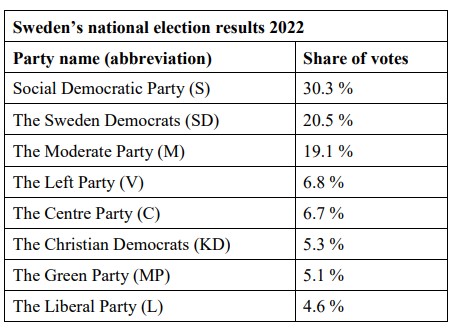
As a nationalist party, SD has traditionally been skeptical towards deepening international cooperation, especially within the EU. Individual representatives from the SD have also been sympathetic to Russia’s political objectives. This contrasts with the M and especially the L, which have historically been among the most EU-friendly and most anti-Russian parties in the Swedish parliament. However, in recent years, the SD has abandoned its previous claim that Sweden should leave the EU and the party has also become increasingly critical towards Russia. This has made cooperation with the other right-wing parties on international issues easier.
Still, tensions between the SD and the other right-wing parties will likely rise on EU-related issues such as migration, environmental cooperation, international aid and the EU’s internal market. On such issues, the SD will probably take more nationalistic positions than the other right-wing parties. Given its sizable representation in parliament, the SD will likely exert considerable influence on some of Sweden’s international policies, especially on issues related to the party’s core issue of migration. However, Sweden’s support for Ukraine in its war with Russia will probably not go through any significant changes in the short term.
Asia Policies
Asia policies are historically not a high-priority topic in Swedish politics. However, the right-wing parties, especially the M and SD, have become increasingly vocal in their criticism of China in recent years. The M’s position is especially relevant since both the new prime minister and the new foreign minister are expected to be affiliated with the party. Ulf Kristersson lived in China for four months and has three adopted children from the country. He is relatively knowledgeable about China, and could therefore prioritize China policy more than previous Swedish prime ministers.
Since 2019, the M has pushed for a harder China policy in fields such as foreign investment in strategic sectors, protection against theft of intellectual property and reciprocity in trade relations. The party also wants to strengthen knowledge about China in Swedish society especially in academia. During the last year, the M has pinpointed tougher policies against China and Russia as a priority in Sweden’s future foreign policy. The M is also advocating a more Taiwan-friendly policy than the current S-led government. In a work report from 2021, the party expressed that a new Swedish government should work to: (1) Take an active role in safeguarding a coherent approach between the EU and likeminded countries in relations with China; (2) establish a “House of Sweden” in Taipei; and (3) push for a free-trade agreement between the EU and Taiwan.
The L’s and KD’s positions on Asia-related issues are quite like those of the M. The SD is even more critical towards China than the other right-wing parties. Representatives from the SD have portrayed China as Sweden’s largest long-term threat, at least in the political and economic arenas. At the local level, the party has advocated for the termination of sister city agreements between Sweden and China. The SD is also the most pro-Taiwan party in the Swedish government. For instance, the party has suggested that Taiwan should be recognized as an independent country by the Swedish government rather than a province of China.
Summary
The new Swedish government will likely be relatively weak due to the ideological differences between the far-right wing SD and the more center-right wing parties M, KD and L. There may be tensions on EU related issues where SD might seek more nationalistic solutions. However, Sweden’s policy on Russia and NATO will probably not change, as there is a wide parliamentary consensus on these issues. Finally, as all parties in the right-wing coalition are supportive of such a change, a new Swedish government will likely have a tougher China policy and a more favorable Taiwan policy.
(Dr. Gustav Sundqvist is Lecturer in Political Science at Mälardalen University; Analyst at Sweden’s National China Center.)


